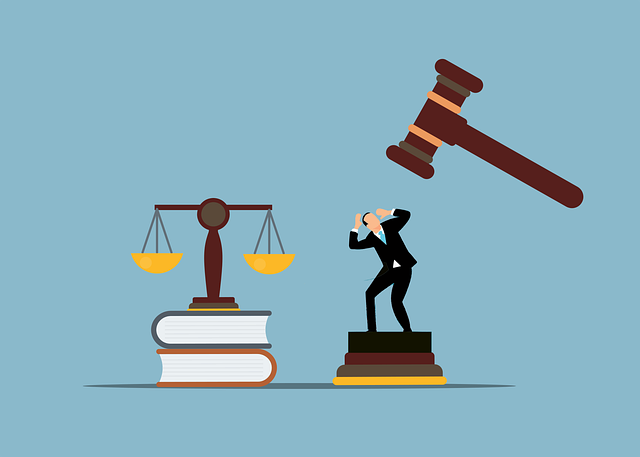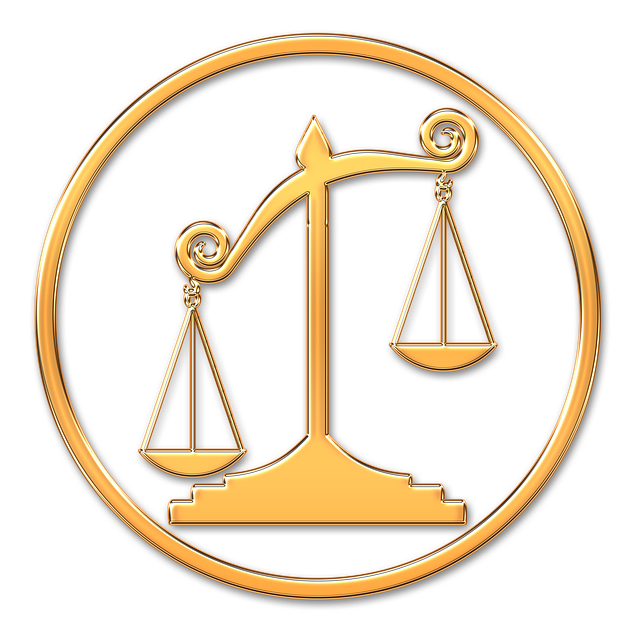Disfigurement, caused by accidents, medical errors, or assault, is legally defined as permanent physical damage. When seeking disfigurement compensation, proving permanence, psychological distress, and impact on daily life is vital. Legal time limits, known as statutes of limitations, must be respected for timely claim filing. Engaging a specialized lawyer maximises chances of achieving fair disfigurement compensation to cover medicals, rehab, and emotional support, based on knowledge of laws and evidence gathering.
“Disfigurement, be it from an accident or medical malpractice, can have profound physical and emotional impacts. Understanding when to contact a lawyer for disfigurement compensation is crucial. This guide delves into what constitutes compensable disfigurement, the time sensitivity of legal action, and the pivotal role a lawyer plays in securing just redress. By exploring these key aspects, individuals affected by disfiguring events can navigate their options with confidence.”
- Understanding Disfigurement: What Qualifies as Compensable?
- When to Take Action: Time Sensitivity and Legal Thresholds
- The Role of a Lawyer in Securing Disfigurement Compensation
Understanding Disfigurement: What Qualifies as Compensable?

Disfigurement goes beyond superficial appearance changes; it refers to permanent physical damage that alters a person’s look. This could result from accidents, medical procedures gone awry, or even intentional harm. For compensation purposes, disfigurement is typically categorized into two types: visible and hidden. Visible disfigurements, such as scars, burns, or missing limbs, are easier to identify and quantify. However, hidden disfigurements, like severe nerve damage leading to loss of sensation or internal scarring, also qualify for disfigurement compensation.
When considering a personal injury claim for disfigurement, it’s crucial to establish that the injuries are permanent and have caused significant physical or emotional distress. The impact on one’s ability to function normally in daily life is also a critical factor. If you’ve sustained serious injuries resulting in disfigurement, consulting with a legal professional experienced in handling disfigurement compensation cases can help you understand your rights and the potential for client recovery.
When to Take Action: Time Sensitivity and Legal Thresholds

When deciding to take legal action for disfigurement compensation, timing is crucial. In many jurisdictions, there are strict time limits – often referred to as statutes of limitations – within which a claim must be filed. These laws ensure that cases don’t remain open indefinitely, providing closure and justice within a set timeframe. For personal injury claims, including those involving disfigurement from accidents or medical malpractice, the clock starts ticking from the moment the harm occurs.
Understanding these legal thresholds is essential when considering a case. While each situation is unique, past experiences with similar cases in partnership disputes, real estate disputes, and even slip and fall incidents can offer insights into what constitutes a viable claim. It’s important to act promptly, as delays may hinder your ability to receive the disfigurement compensation you deserve. Legal experts are invaluable resources for navigating these complexities and determining the best course of action based on the specific circumstances of your case.
The Role of a Lawyer in Securing Disfigurement Compensation

When you’ve suffered disfigurement due to medical negligence or defective products, engaging a lawyer is a pivotal step in securing appropriate compensation. Legal professionals specializing in disfigurement cases play a crucial role in navigating complex legal systems and ensuring clients receive fair recovery. They possess in-depth knowledge of relevant laws and regulations, enabling them to assess the merits of your case effectively.
A lawyer will advocate for your rights, gathering essential medical records, expert opinions, and evidence to strengthen your claim. They’ll also handle negotiations with insurance companies or defendants, aiming to achieve a settlement that reflects the extent of your disfigurement’s impact on your life. Their expertise can significantly increase your chances of obtaining just compensation, providing the financial support needed for medical treatments, rehabilitation, and emotional healing.
If you’ve suffered a disfiguring injury, understanding your rights to seek disfigurement compensation is crucial. Timely action is essential; legal thresholds and time sensitivity play a vital role in securing the justice you deserve. Engaging a lawyer specialized in disfigurement cases can navigate the complexities, ensuring every aspect of your claim is handled effectively. Don’t wait; take control of your situation by reaching out to a legal professional who will advocate for your compensation.






